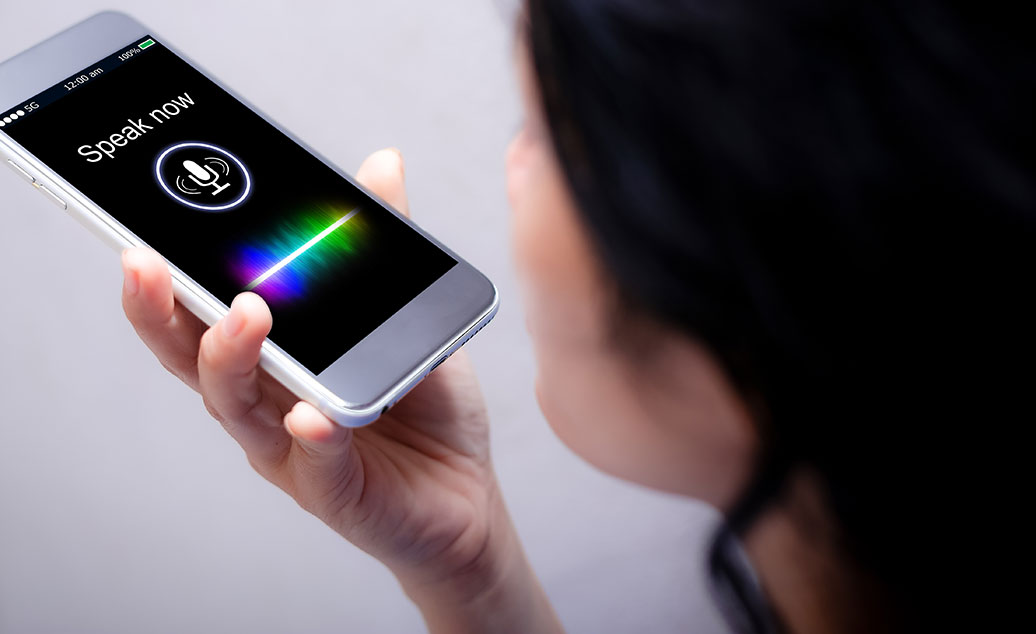Help Center: Security
Concerned about keeping your banking information safe? So are we.
We go to extraordinary lengths to protect our customers’ privacy and security. Stay informed with these security tips and best practices.
Bank Midwest will never ask for your username or password. If someone calls asking for log in information, hang up and call us back to be sure you’re talking to a real bank employee.Do not respond to any email, text or phone requests for this sensitive information, from us or from anyone else. |
Is your banker questioning your account activity?
It’s for your own protection. Here’s why.





